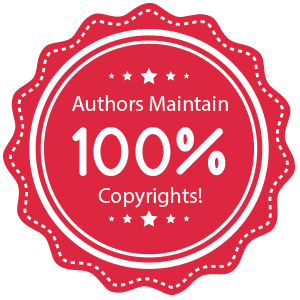Writer’s Block and How To Beat It
Posted on by admin
We’ve all been there. You’ve made your cup of tea, you’ve rearranged your desk at least twice, yet putting words on the page still seems impossible. Whether you’re working on the last chapter of your novel or struggling to find the perfect first sentence, writer’s block is definitely a real thing. Luckily there are a few tricks you can use to get the creative flow going again. And guess what? None of them involve procrastination.
1) Free write
If you’re hung up on where to start, try freewriting. You’ve probably heard this tip before browsing around looking for answers to your creative anxiety, but the best cure for writers block is writing. Put words down on the page. Just whatever comes to mind. Turn off your inner editor and just write down your thoughts. It may not directly add to your current project, but at least you’re writing. And who knows? You might even end up with a clever dialogue or even a single line you can use elsewhere.
2) Read aloud
If you’ve already got a chapter or two done, or even a few pages, read them aloud. Going back and reading what you’ve written the day before is just a great editing tip to begin with, but reading it aloud allows you to really step into the role of the narrator or speaker. Hearing the words aloud registers differently in our brains than seeing those words on a page. It can show you how your ideas flow together already, and offer insight on what ideas, sentences, or passages should naturally follow. It might even light that creative spark and refresh your mind on where to go next.
3) Reverse outline
Reverse outlines are another great tool to use to combat writer’s block. They’re also excellent for editing later on (particularly for analyzing flow), so keep that in mind. The basic premise is take what you’ve already got written and translate it into an outline. Analyze each paragraph and write a brief sentence summarizing what information it tells the reader or how it works to propel the narrative forward. By looking at this stripped down, minimalist representation of your work, it’s easier to see where you’ve been and where you might take your writing going forward.
4) Skip the hard part
Not every sentence or chapter will come naturally. Writing is hard work, and more than that, it’s a process. If you’re hung up on a specific sentence, idea, or chapter, put it aside for the moment (or day) and write what you know. This idea is quite effective for those struggling with perfect opening lines or how to introduce a new character or plotline. The advice? Just skip it. Save it for last, if you have to. Write the middle. Write the end. Write whatever it is you know you want to convey and save the bookends for later. That way, you’ll not only spend your time writing something you know you’ll use in your project, but it might actually make those lines better once you’ve worked out the kinks in between.
5) Timed writing
Some people work better under pressure. Without the urgency of a rapidly approaching deadline, procrastination becomes harder and harder to resist. Scandal practically calls your name, beckoning you away from your computer and into a 12-hour Netflix binge. The weather suddenly has never seemed more perfect for a long stroll. Solution: set deadlines of your own. By only allotting, say, thirty minutes to your writing, you not only apply pressure on yourself to get something down, you learn to manage your time more effectively as well. There’s no cut and dry time limit you have to work with, so play around and experiment to find what works best for you. But remember: you must keep writing until the timer goes off.
6) Talk it out
These exercises have worked for us over the years, but we also know that sometimes you’re just stuck. And that’s okay. If you’re at this stage, it might be time to step away from the page and take another approach. Call up an old friend, family member, or loved one and ask them to help you talk through your ideas. Hashing your ideas out verbally takes away some of the pressure and helps you get a clearer picture of where you want to take your writing.
And don’t forget, A.D. Willeon offers professional writing coaching. If you’re feeling stuck, you can always reach out to us. Using our industry knowledge and experience, we can help you fight through this block and get you writing again — so that you can ultimately publish your passion and share your voice with the world.


Leave a Reply